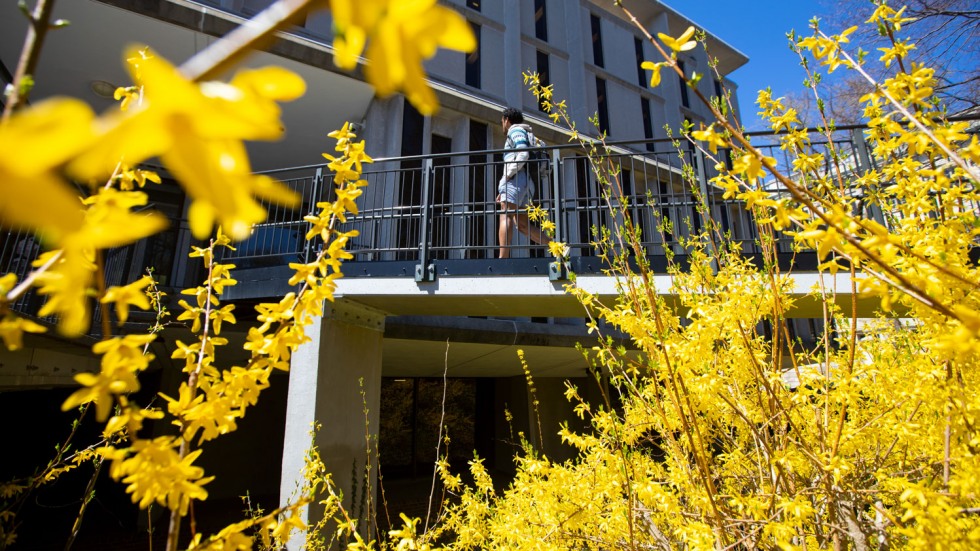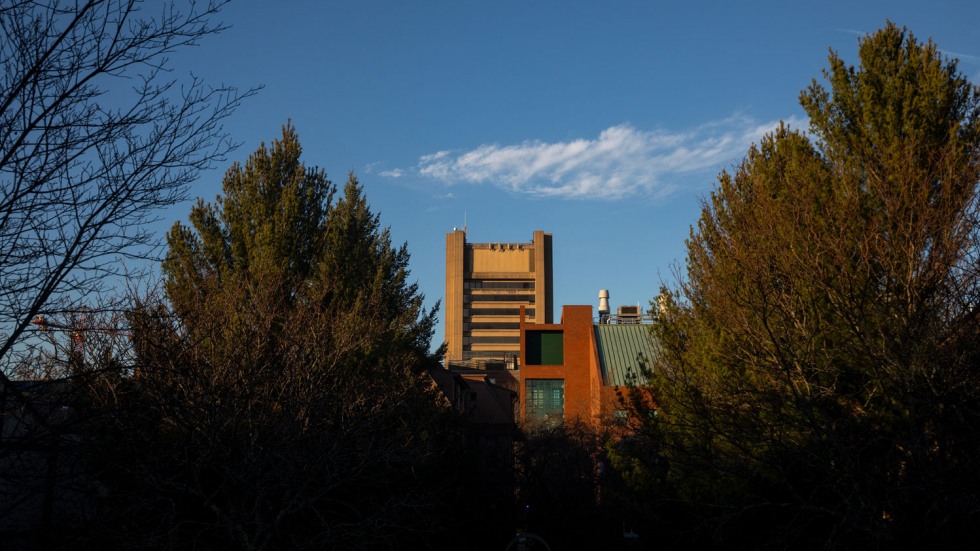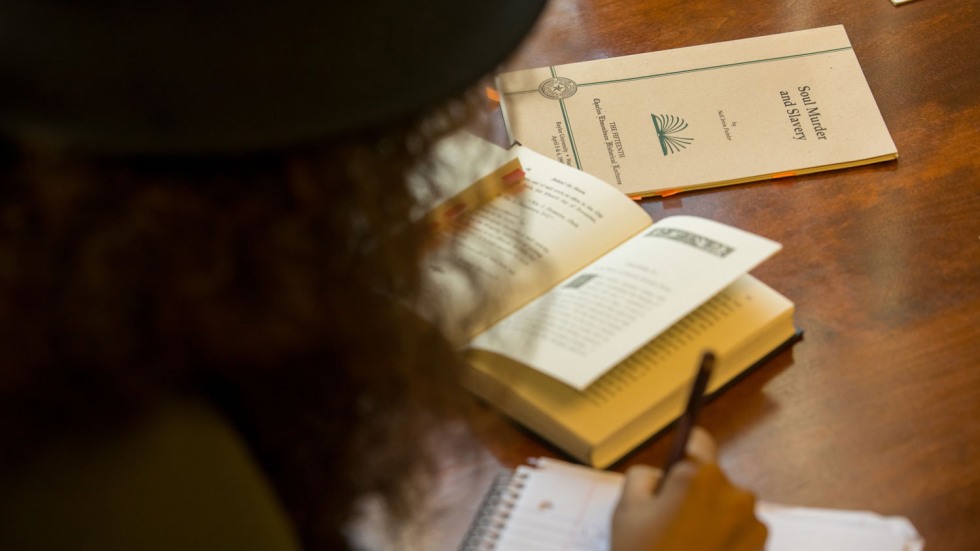PROVIDENCE, R.I. [Brown University] — There’s no doubt that Brown University students see the libraries as important fixtures on campus.
Before the COVID-19 pandemic, nearly all undergraduates visited the University’s Rockefeller and Sciences Libraries each year, along with three-quarters of graduate students and two-thirds of medical students. Students regularly cite the reading room in the John Hay Library as a favorite study spot. And in a typical year, Library staff provide thousands in the Brown community with research support through workshops, class sessions and one-on-one consultations.
But University Library leaders know it can play an even more essential role in research, teaching and learning, both at Brown and in the greater Providence community. Thanks to a generous gift from donors who wish to remain anonymous, Library staff will spend the next few years executing an ambitious vision to integrate the Library’s presence even more deeply into academic life at Brown.
With funding from the gift and hubs at the Rockefeller Library, John Hay Library and Sciences Library, a new Center for Library Exploration and Research promises to strengthen academic excellence, fuel innovative scholarship and extend the Library’s impact beyond campus, bringing research resources and collections to more adults and kids in the greater community.
University Provost Richard M. Locke said the center will build on the strengths of Brown’s libraries as essential spaces and resources.
“In addition to its role advancing the work of scholars across Brown, the University Library is a center of academic excellence in its own right,” Locke said. “The Center for Library Exploration and Research will enable a growing number of students, faculty and community members to experience that excellence for themselves. It will provide more opportunities to learn the fundamental principles of scholarly research, explore Brown’s unique special collections and strengthen data-driven research that aims to solve pressing societal problems.”
University Librarian Joseph S. Meisel said the center will support scholarly inquiry at every stage of the research lifecycle. Two new endowed staff positions — a director of library exploration and research, and a staff member dedicated to community engagement — will, along with redefined staff roles and expanded partnerships, enable staff at each of the three Library facilities to provide more support for research, increase use of special collections, and guide undergraduates, as well as high school and middle school visitors, through the skills they need to conduct research.
“The work of the Library is already central to the University’s mission of discovering, communicating and preserving knowledge and understanding in a spirit of free inquiry,” Meisel said. “Establishing the Center for Library Exploration and Research will deepen our commitment to advancing an academic community that produces rigorous scholarship and promotes excellence, on and beyond campus.”


